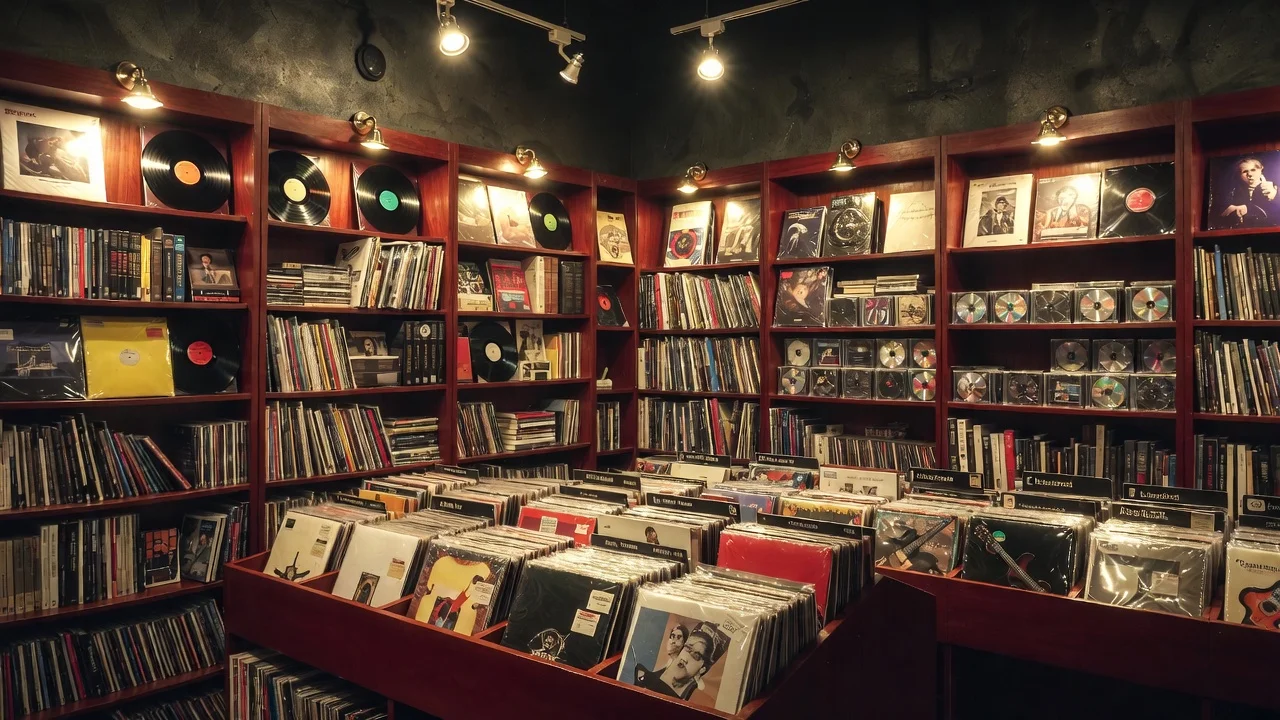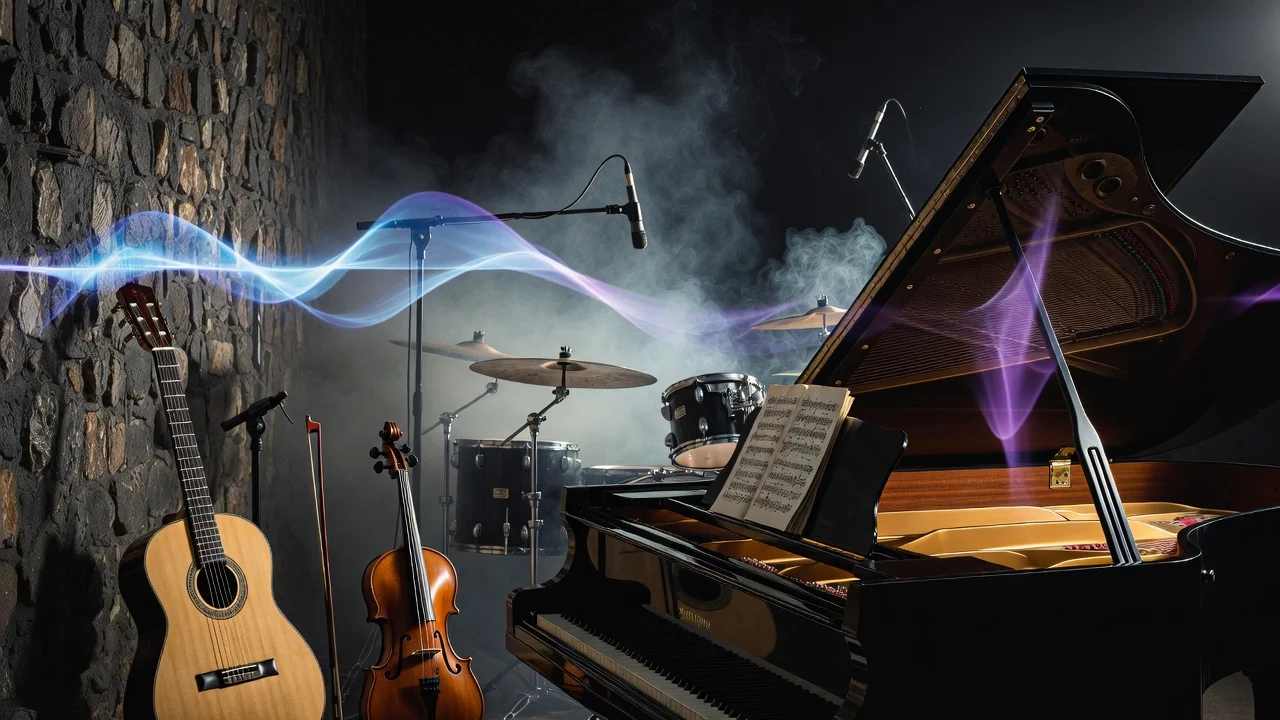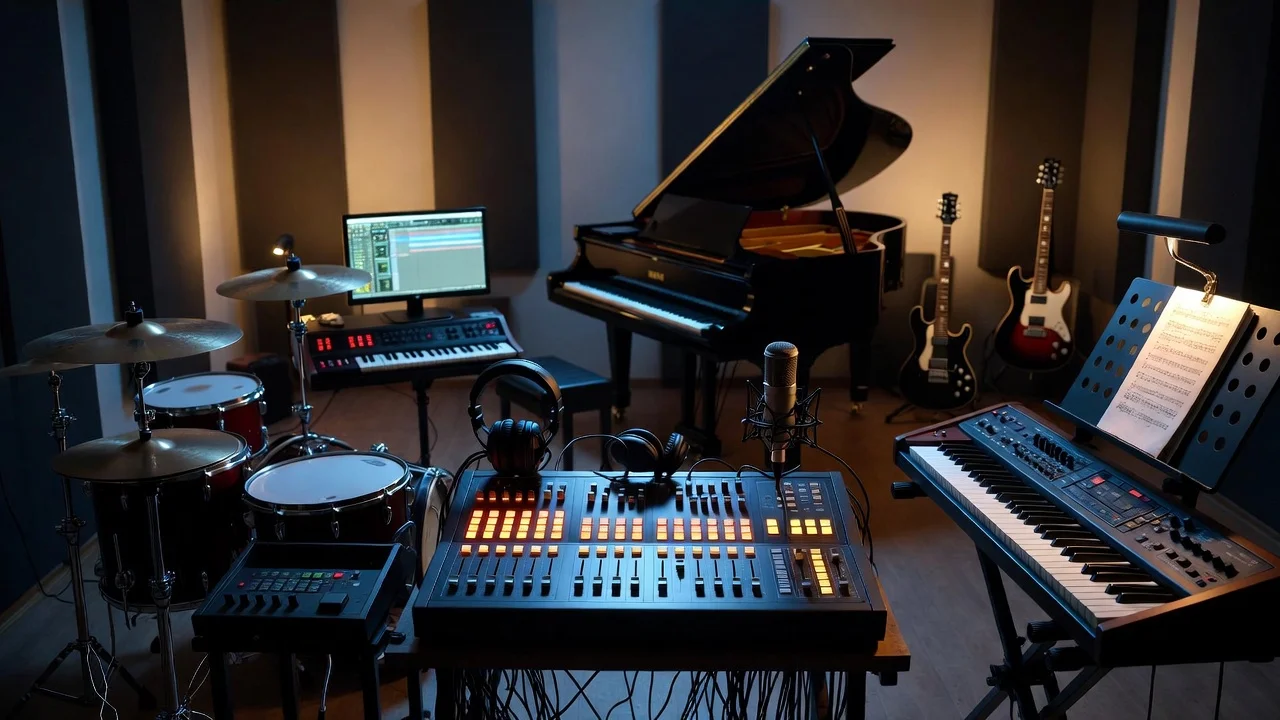Voice Clone
Sing any song in your own voice—without actually singing. Upload a few audio samples, and our AI learns exactly how you sound. Then perform any track: pop, rock, opera, hip-hop. Your tone. Your style. Zero recording required.
RVC Voice Cloning
Create AI covers with your own voice or any voice model
Experimental Feature
Enter URL, upload, or drag & drop MP3/WAV file (max 50MB)
Control AI accent (higher = more similar to target voice)
What is Voice Cloning?
A digital voice clone that performs for you
Voice cloning captures how you sound and creates a reusable voice clone. Upload 3-5 minutes of audio—speaking works fine. The AI learns your tone, pitch, and vocal texture. Your voice clone performs any song you choose, sounding like you, not robotic. Parents record lullabies. Musicians create demos. Creators scale content. One voice clone, unlimited songs.
Voice Clone in 30 Minutes
Upload audio samples, and AI builds your voice clone. Start singing any song within half an hour.
Perform Any Song
High notes, low notes, fast songs, slow ballads. The AI handles pitch and timing so you sound perfect every time.
Keep It Forever
Your voice clone is a permanent digital asset. Use it years from now, share with family, or create legacy recordings.
Works for Any Project
AI covers, birthday songs, music demos, podcasts, audiobooks. One model handles every audio project you have.
Private and Secure
Only you can access and use your model. Complete privacy and control over how it's used.
Studio-Quality Output
Export in WAV format for professional quality. Crystal clear audio for any application.

Music
Voice Clone for Music
Your voice clone performs songs you never could
You have songs you want to sing but lack the range or technique. Voice cloning fixes that. Create your voice clone once, apply it to any track. Opera arias? Done. Hip-hop verses? Easy. The AI preserves what makes you unique while hitting every note perfectly.
Gifts
Voice Clone for Gifts
Use voice cloning for special occasions
A song in your voice means more than any store-bought gift. Use voice cloning to create birthday songs, wedding performances, anniversary messages. Parents sing lullabies their kids keep forever. Grandparents record songs so future generations hear their actual voice.


Creators
Voice Clone for Creators
Voice cloning scales your content
YouTubers and TikTokers use voice cloning to produce content faster. Your voice clone generates narration, covers, and voice-overs without recording each take. Your audience hears you—not a generic AI. Maintain your authentic sound while producing 10x the content.
Musicians
Voice Clone for Musicians
Demo with your voice clone first
Musicians use voice cloning for demo tracks before booking expensive studio sessions. Test how your voice clone sounds on new compositions. Producers prototype vocal arrangements and experiment with harmonies. Your creative sandbox without the overhead.

How Voice Cloning Works
Ready in 4 simple steps
1
Record Audio
Capture 3-5 minutes of clear audio. Speaking works—no singing needed. Just avoid background noise.
2
Upload Samples
Upload your recordings. Our AI processes them into a training dataset in about 5 minutes.
3
Train Your Model
The AI learns your vocal characteristics. Training takes approximately 30 minutes.
4
Start Singing
Apply your voice to any song. Generate unlimited content with your trained model.
Why Musci for Voice Cloning
Built specifically for music
Our engine delivers studio quality for singers and creators
Music-First AI
Tuned for singing, not just speech. Better pitch tracking, vibrato handling, and musical expression than generic tools.
Quick Start Option
Need it fast? Create a voice clone with just 30 seconds of audio. Full training with 3-5 minutes gives best results.
Unlimited Usage
Train once, use forever. Apply your model to unlimited songs with no per-generation limits.
Cross-Gender Support
Works across genders with pitch adjustment. Male-to-female and female-to-male conversions sound natural.
Transparent Pricing
5 credits for dataset creation, 15 credits for model training. No subscriptions or hidden fees.
You Own Your Model
Private by default. You control how it's used. Full ownership of your digital voice.
Frequently Asked Questions
Common questions about voice cloning
Our AI analyzes your audio samples to capture your unique tone, pitch, and timbre. It creates a model that reproduces your voice on any song or text you choose.
Basic cloning needs 30 seconds of clear audio. For high-quality results optimized for singing, 3-5 minutes works best. Better input quality means better output.
Only clone voices you have explicit permission to use. Cloning someone without consent is against our terms. You must own rights to any voice you clone.
Dataset creation takes 5 minutes. Model training takes about 30 minutes. After that, each song generates in 1-2 minutes.
Sing any song, create covers, produce demos, generate voice-overs, narrate audiobooks, and make social content. One model handles all audio needs.
Start Creating Today
Your voice clone ready in 30 minutes. Sing any song. No credit card needed.